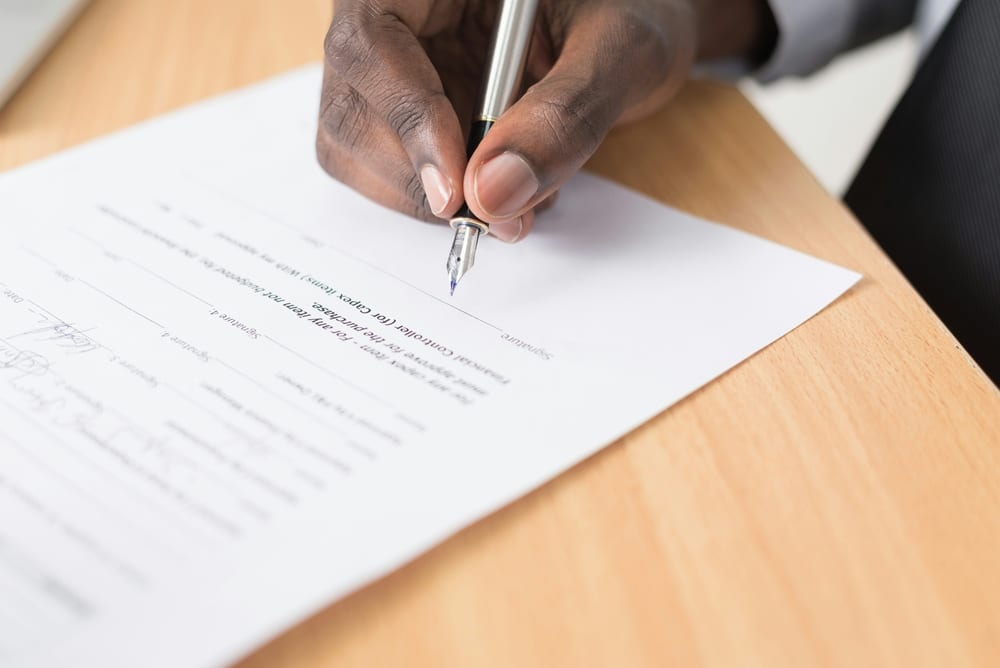4 Tips to Help Prospective Employees Perform Better in Interviews

Help your candidates perform at their best during their interview.
It’s important to ensure that you, as well as your candidates, get the most out of every interview. In this blog we’ll explore the ways in which you can help your candidates perform at their best during their interview.
All hiring managers understand that some candidates are better at interviewing than others. However, just because an individual is confident with interviews, that doesn’t necessarily mean they’re the best person for the job.
Some people interview really well, but fall apart when day-to-day work pressures pile up.
Others might struggle with the anxiety that comes with an interview, but perform exceptionally well once in the job.
That’s why you should do everything you can to design your interview process around getting the most out of your candidates. Yes, you need to test them, but you need to create an environment where they can thrive.
By following these 4 simple tips, you can create a more supportive interview process, allowing your candidates to demonstrate their true potential. This way you can gain a better understanding of their capabilities and make an informed decision on who is the best candidate for the job.
Give the candidates time to answer
High performing individuals will take their time to think before answering questions.
Allow any candidates a moment to think and reflect on the question you have just asked. Resist the temptation to interrupt when they’re speaking, make a note of what you’d like to say and talk about it once the candidate has finished.
When a candidate is finished talking, don’t fill the silence in immediately. You’d be surprised at how often a candidate will offer more detail to fill the quiet!
Specific questions receive specific answers
When asking behavioural questions, ensure you ask for real world examples, not just hypotheticals.
You might want to know how they perform under pressure, but anyone can claim to be great at juggling deadlines and handling pressure. Instead, ask the candidate to give you an example of a stressful situation and how they navigated it.
Encourage them to take their time to think, and reassure them that it’s fine to take a moment rather than rushing their answer.
Don’t be afraid to follow up
If you feel a candidate’s answer seems incomplete, ask a follow-up question to help fill in the blanks.
Prompt them on specifics you’d like to know, perhaps provide them with an example scenario that might happen as they work with you and ask them how they’d tackle it.
Brief your candidates ahead of time
As an interviewer, it’s not your job to surprise a candidate (even though, for decades, many people seem to have thought it was!).
Perfectly good candidates may underperform if they’re anxious. As a result, we recommend briefing a candidate fully in advance of your interview.
Share:
- Basic info about the company and role – While good candidates will do their own research, it doesn’t hurt to give them some basic information to help them feel a little more prepared.
- Details about your interview process – Let the candidate know what will be included in the interview. Potential questions, any tests or assessments, a brief introduction to who will be in the interview; all of these will help ease the mind of the interviewee.
- General tips – Give them tips on where to park, how to access the building, who they’ll be meeting, what they need to bring, etc.
Need help booking more interviews?
At Absolute Personnel, we specialise in matching the perfect candidates with their ideal businesses.
We meet every single candidate that we provide to our clients, meaning you can rest assured that you’re interviewing the best of the best.
Let’s talk about your vacant positions. Get in touch with our specialist recruitment team today.






